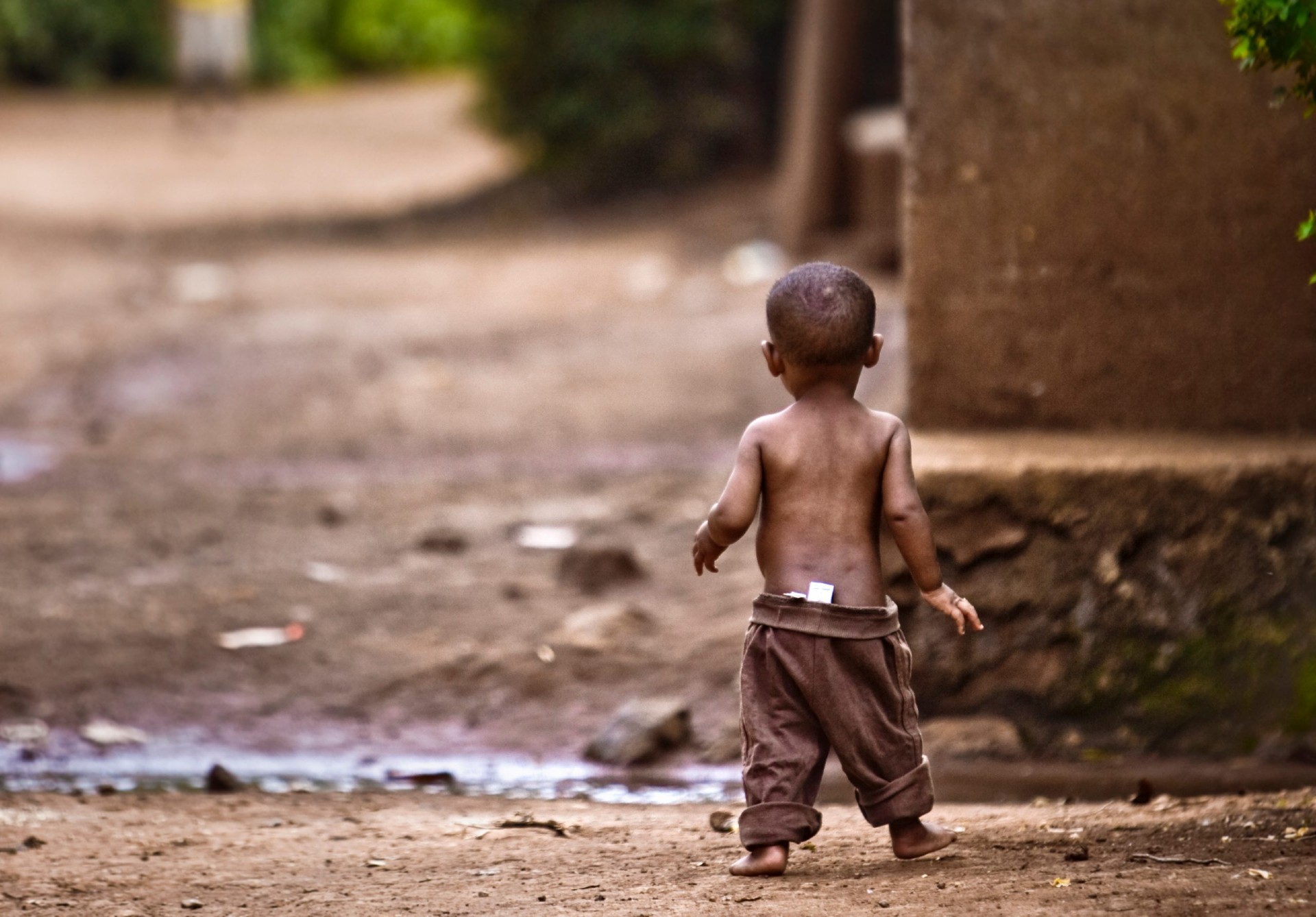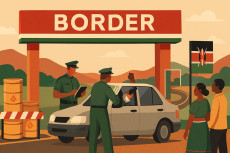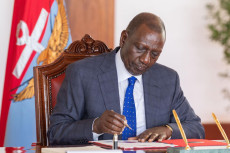- Every year on October 17, the world honours the International Day for the Eradication of Poverty
- An end to poverty would be more than just the act of raising people's incomes; it would be the return of dignity
Poverty isn’t just a statistic, it’s a daily injustice that millions endure in silence. Every year on October 17, the world honours the International Day for the Eradication of Poverty, a moment to reflect on one of humanity’s most persistent injustices and to renew the collective promise to end it.
The day is rooted in an important display of solidarity that occurred on October 17, 1987, when more than 100,000 people congregated at the Trocadéro in Paris to honor victims of extreme poverty and unveil a commemorative stone carrying a “Call to Action” by Joseph Wresinski.
His message declared poverty a violation of human rights and urged the world to unite in ensuring that everyone’s dignity is upheld. That event and its message helped inspire a global movement that continues to this day.
As a tribute to this landmark event, the United Nations General Assembly in its Resolution 47/196 of December 22, 1992, took the memorable decision to officially recognize October 17 as the International Day for the Eradication of Poverty.
The organization urged the nations and non-governmental organizations to commemorate the day through awareness-raising activities and by actually engaging in the fight against poverty.
Read More
The observance is therefore not merely symbolic; it aims to amplify the voices of people living in poverty, place their lived experiences at the center of policymaking, and emphasize that poverty is multidimensional.
It is not just about lack of income but also about limited access to education, healthcare, safe housing, and decision-making opportunities.
Global statistics underline the importance of this day. According to recent reports from the World Bank, hundreds of millions of people around the world still live in extreme poverty.
In June 2025, the World Bank adjusted the international poverty line to $3.00 per person per day, reflecting updated cost-of-living data and changing economic conditions.
While this adjustment gives a more accurate measure, it also uncovers that the rate of poverty alleviation has decelerated, and the most severe areas of extreme poverty are those that are unstable and affected by conflict.
The COVID-19 pandemic, changes in climate, and ongoing conflicts have further reversed earlier gains, making it clear that achieving the goal of ending extreme poverty by 2030 will require stronger political commitment, better social protection systems, and inclusive economic growth.
In Kenya, poverty continues to affect millions of households, especially in rural areas and informal urban settlements.
According to the Kenya National Bureau of Statistics, the most recent national poverty assessments highlight that many families remain vulnerable to economic shocks and food insecurity.
The International Day for the Eradication of Poverty seeks to transform awareness into meaningful action. It encourages governments, organizations, and individuals to confront the underlying causes of inequality and exclusion, ensuring that everyone can live with dignity.
Central to its message is the recognition that people living in poverty must be active participants in shaping the solutions that affect them. Their experiences and insights provide valuable guidance for developing sustainable, rights-based responses.
As the world works toward the Sustainable Development Goal (SDG), of eliminating poverty in all its manifestations everywhere, this day serves as a reminder that progress is possible only through shared responsibility.
It pushes communities to see poverty less as a giving issue and more as a justice issue and to pledge themselves to the construction of such systems that would be in accordance with human rights, that would promote equality and that would be open to all.
An end to poverty would be more than just the act of raising people's incomes; it would be the return of dignity, the safeguarding of rights, and the provision of a fair chance to every single person, no matter the place of their birth, to prosper.






-1771508867-md.jpg)





-1771508867-sm.jpg)